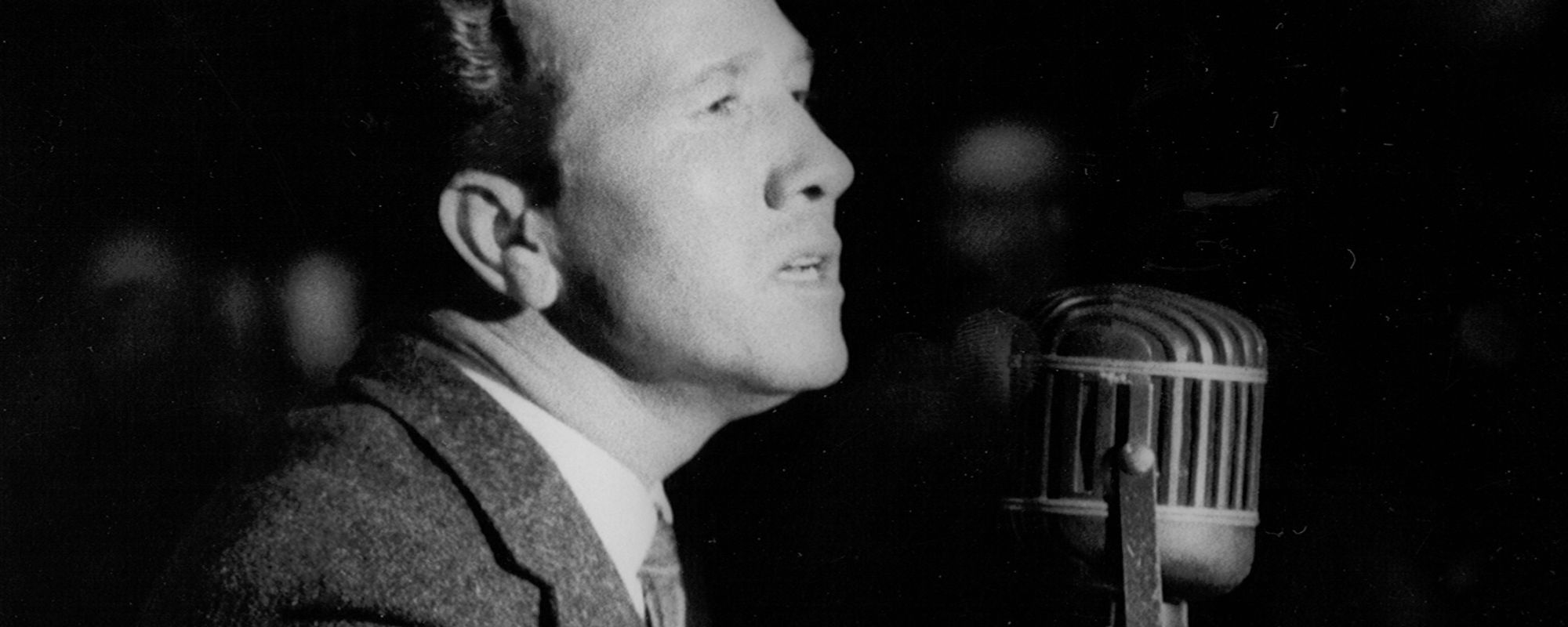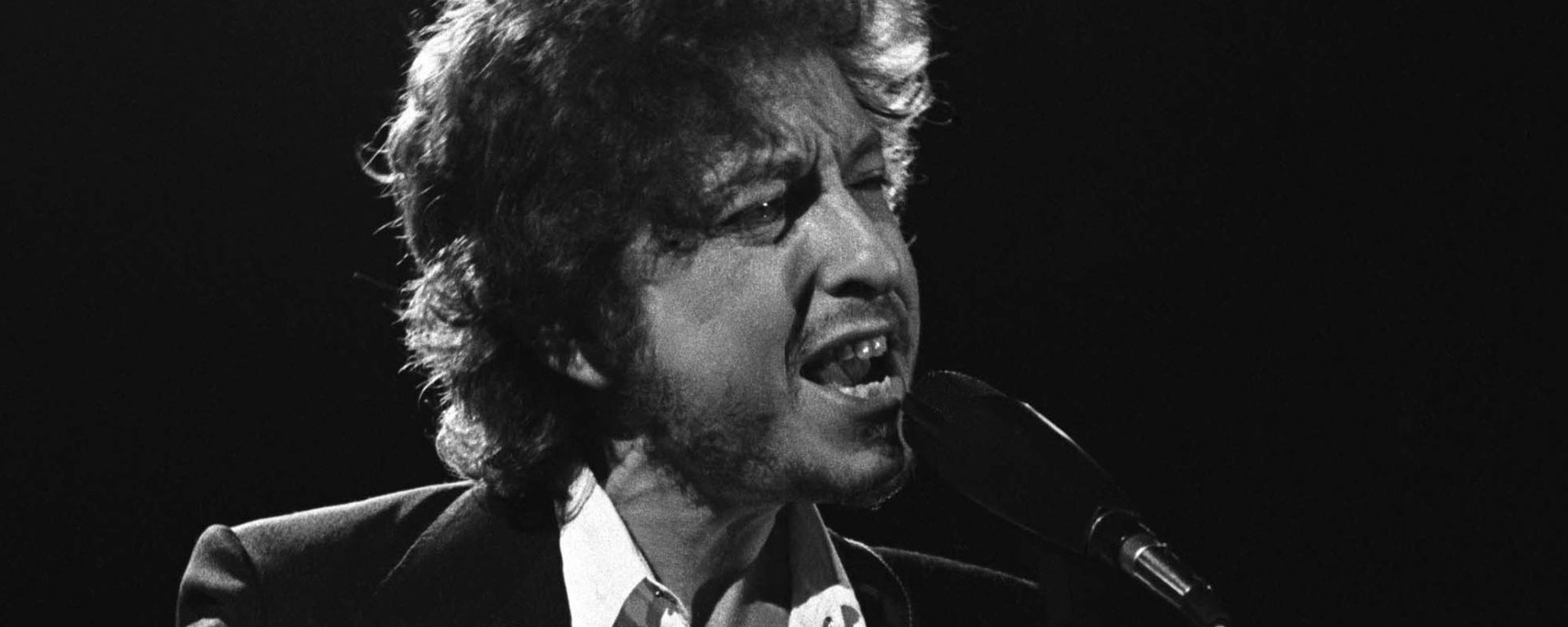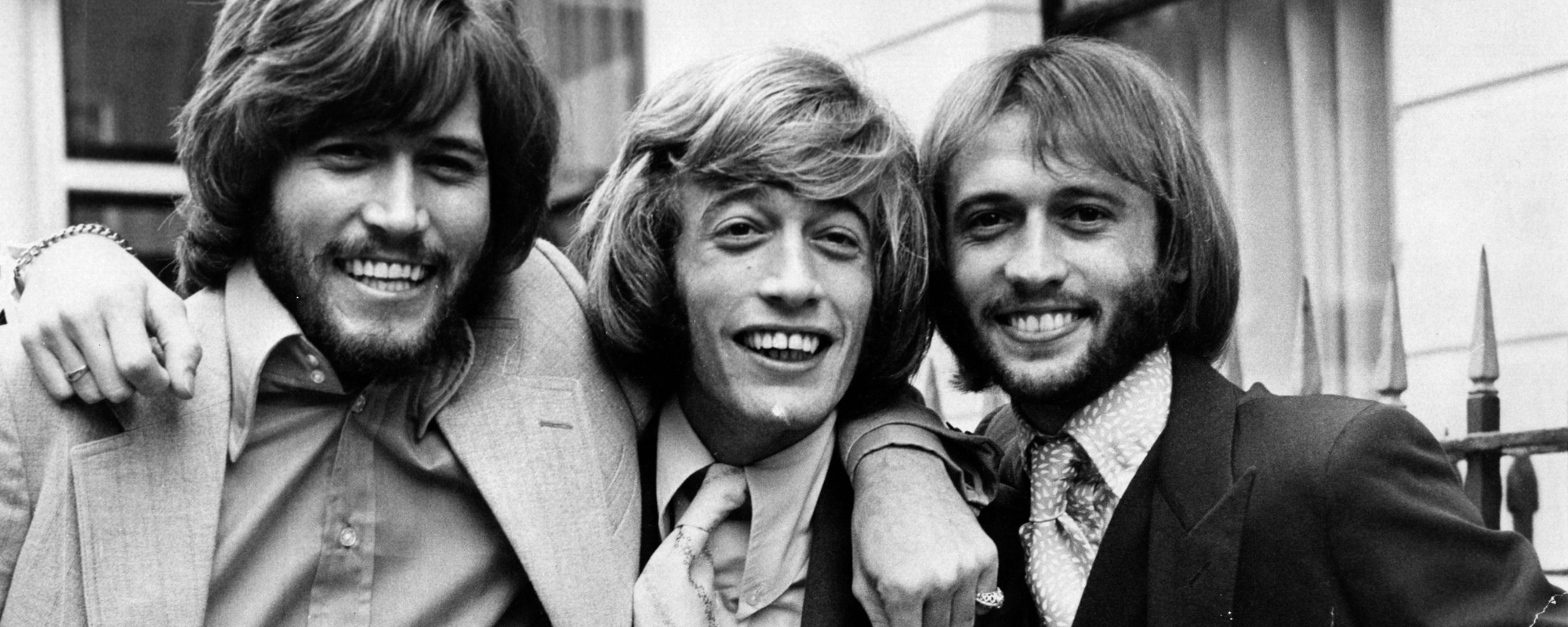There’s a certain connotation that, if a band is a one-hit wonder, they’re actually a failure, unable to recapture their initial success.
Videos by American Songwriter
However, several groups are more than pleased to have made a one-hit wonder during their career. Read on for three such bands.
Chumbawamba
“I get down, but I get up again,” is an instantly recognizable refrain from “Tubthumping,” the 1997 track by Chumbawamba. The band’s most recognizable single, “Tubthumping,” peaked at No. 2 in the U.K. and No. 6 on the Billboard Hot 100.
Twenty years after the release of their one-hit wonder, co-founder Danbert Nobacon and vocalist Alice Nutter spoke to AV Club about the track’s success and legacy.
“The success of that song came as a surprise, really. We had similar-sounding songs which we played live, certain uplifting songs that the audience recognized. It taking off like that was a shock,” Nobacon said. “It wasn’t by design.”
Nutter said she “enjoyed the surreal novelty” of unexpected fame. However, she soon realized that she “didn’t really like” all that it entailed.
That distaste for fame is related to the band’s “peace punk” ideology and commitment to expressing political ideas through music. While their mainstream success brought them into the establishment they fought against, both Nobacon and Nutter are grateful for the song.
“At the time, it was great, because we had these platforms like the BRITs or David Letterman that we never thought we’d have. We were on Barbara Walters’ show talking about anarchism. We were never like, ‘We hate the song, we’ll never play it.’ It did us good,” Nobacon said. “It still contributes to me being able to live and exist as a working artist. Without royalties, it would be much more difficult.”
“That song still has a life, and I still love it,” Nutter agreed. “… We wanted to prove ourselves to ourselves. It has a whole feel of ‘if you like it, fine. If you don’t, f**k you.’ We all wanted to be there. When I hear the song, I hear that spirit.”
Marcy Playground
Marcy Playground released “Sex & Candy” in 1997 as part of their debut album. The track was a surprise success. It peaked at No. 8 on the Billboard Hot 100 and nabbed the top spot on the outlet’s Modern Rock Tracks chart.
In a 2006 interview with MTV News, singer John Wozniak said that he was “actually pretty frickin’ flabbergasted with the hugeness of it all.”
“It was like going from playing fun little pickup games of grade-school T-ball to, all of a sudden, being a major-league baseball team in the pennant race for the World Series,” he explained. “If you listen to that song, it’s pretty clear it wasn’t written to be a hit. It’s just a quirky little weird song.”
The song’s success, Wozniak argued, “was too much.”
“It’s literally on hundreds of compilations,” he said. “It became a quintessential 90s moment, and that’s cool and I’m happy about that, but we had to tone it down a bit.”
As such, when the band released their next album, Shapeshifter, they did so with the intention that it be a noncommercial album. Marcy Playground got their wish as the album did not do well, and the band asked to be dropped from their record label.
“I would never want another “Sex and Candy””, Wozniak said. “I don’t mind having a hit, but “Sex and Candy” was too much for anybody, especially as a first hit.”
The New Radicals
The New Radicals found success with their 1998 song “You Get What You Give.” The track reached No. 36 on the Billboard Hot 100 and became a 90s staple, but the group’s disbandment one year later meant that the track was also their one-hit wonder.
“Touring was fun. Playing live was exciting. I just wish there would have been an off-button,” lead singer Gregg Alexander told The Hollywood Reporter in 2014. “If modern pop-culture was just about the work and performing and creating some sort of euphoria for those who are inclined to like what you do, if there was a way to turn it off when you’re offstage, it would be the greatest job on the planet.”
The fame aspect of the job, as well as the business side to the work, left Alexander “disillusioned.”
“It’s the deal with the devil: if you want your work to be seen, it’s unfortunately not just about the work. And when it becomes less about the art, then the art suffers,” he said. “I simply missed feeling like an artist everyday and being able to write songs everyday and not feel like my time was being controlled and managed to answer to corporate shareholders. I missed my old life.”
As such, just one year after the release of “You Get What You Give”, Alexander disbanded the group and opted out of the Hollywood lifestyle.
“I have a lot of fantastic memories, and there were a lot of amazing things about it,” he said. “As they say, hindsight is 20/20. In retrospect, maybe I could have and should have doubled down and just kept the blinders on and the foot on the accelerator. But at 28, when my life was all about making music, all of a sudden it started morphing into supporting the machine and things that felt like the antithesis of creativity.”
Photo by JMEnternational/Getty Images












Leave a Reply
Only members can comment. Become a member. Already a member? Log in.